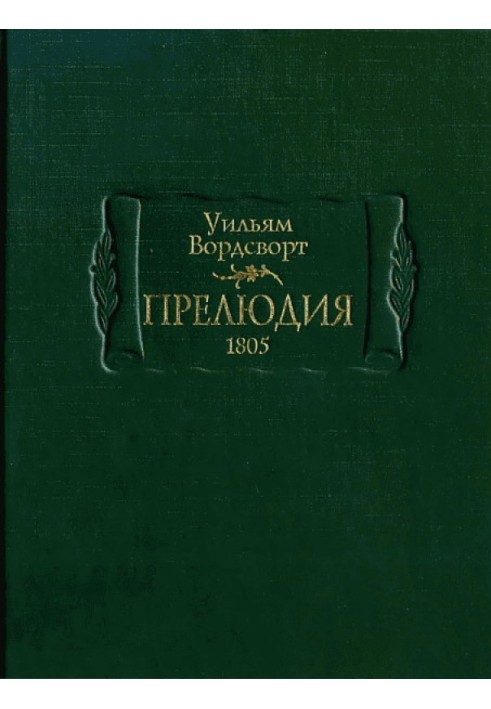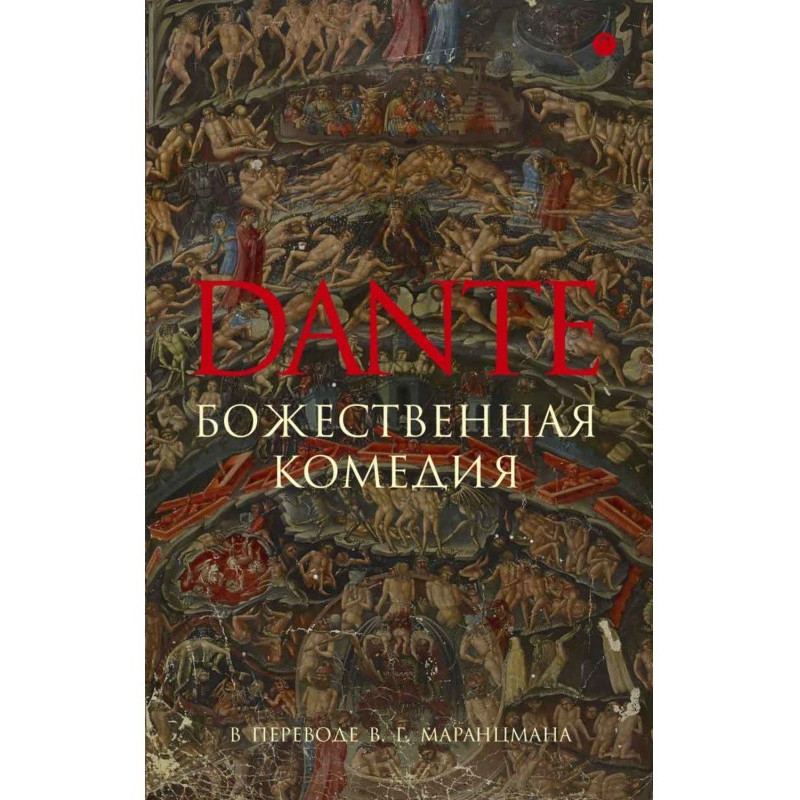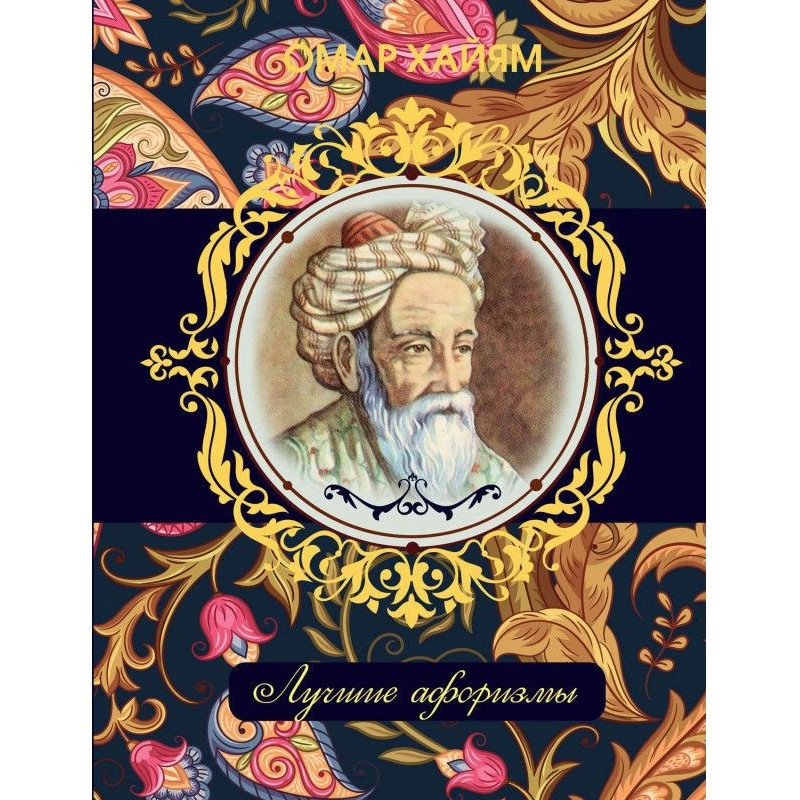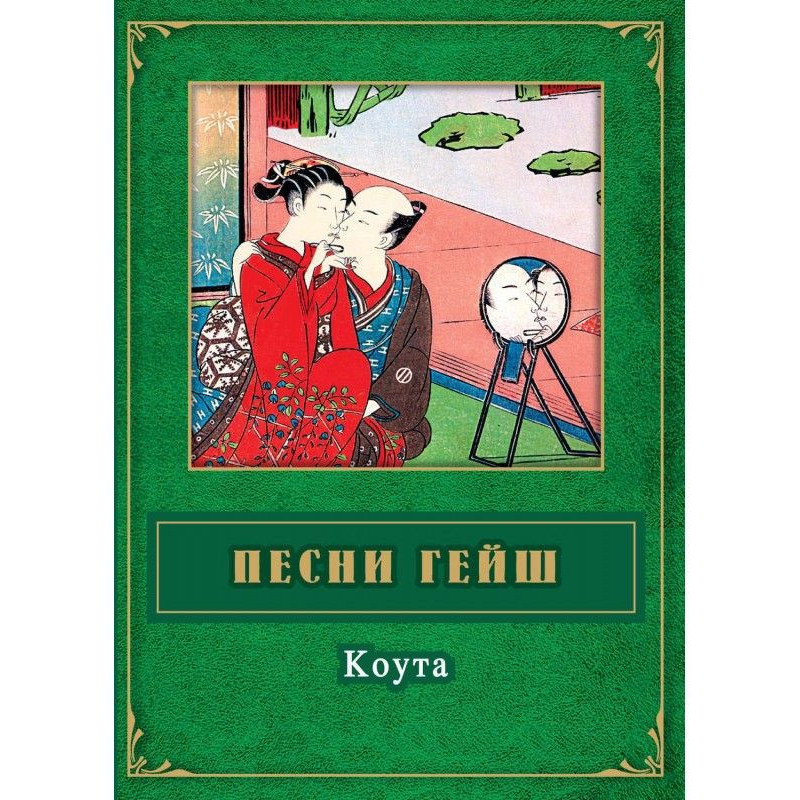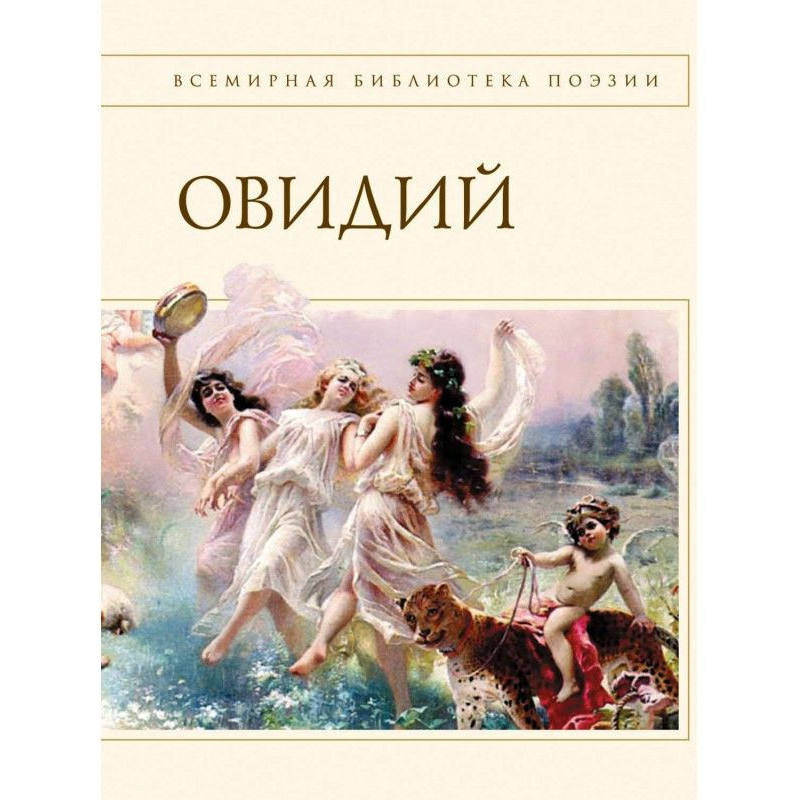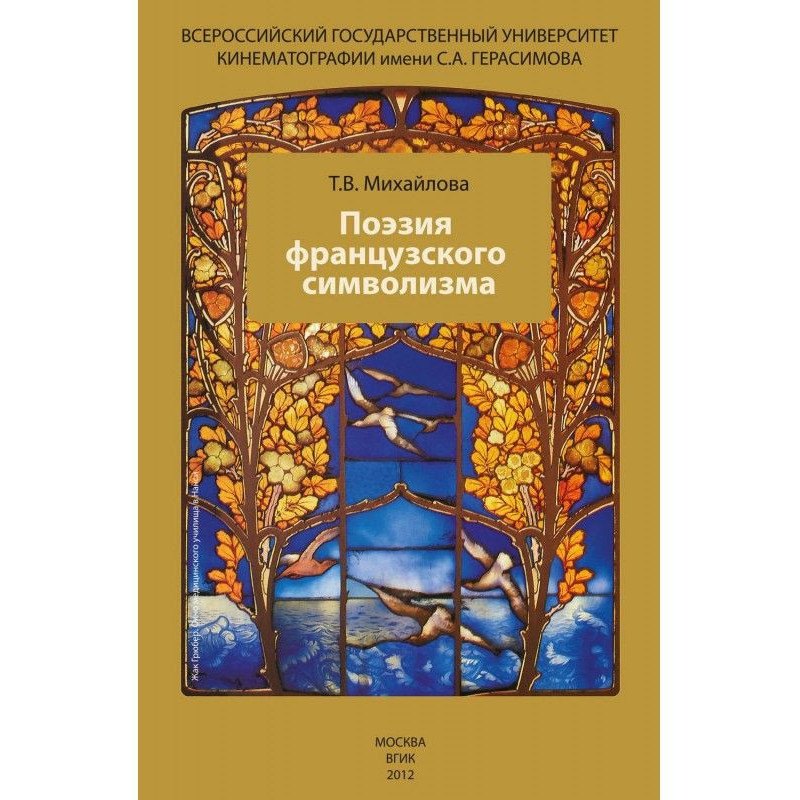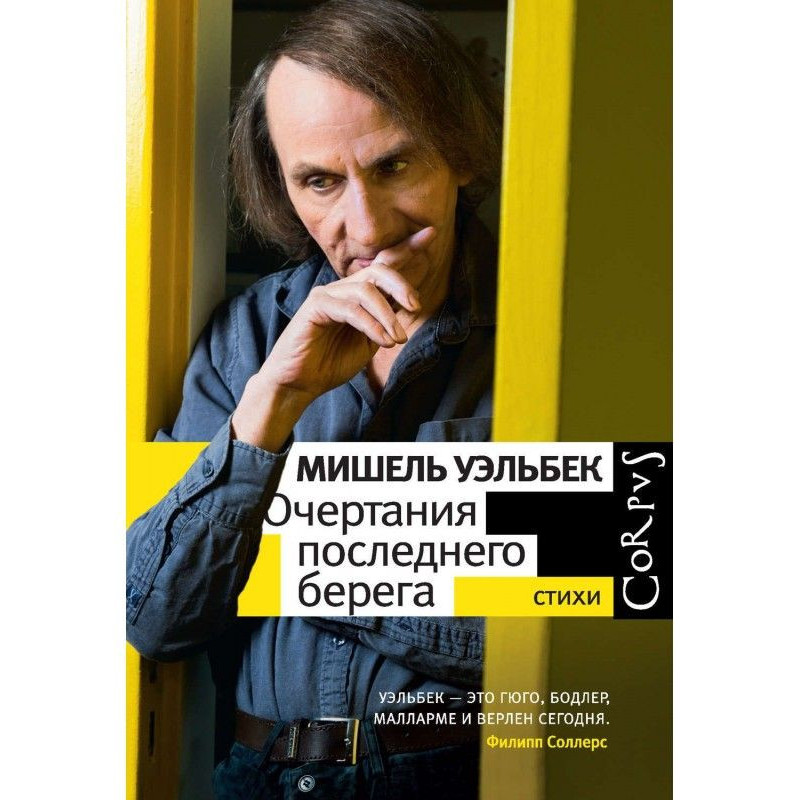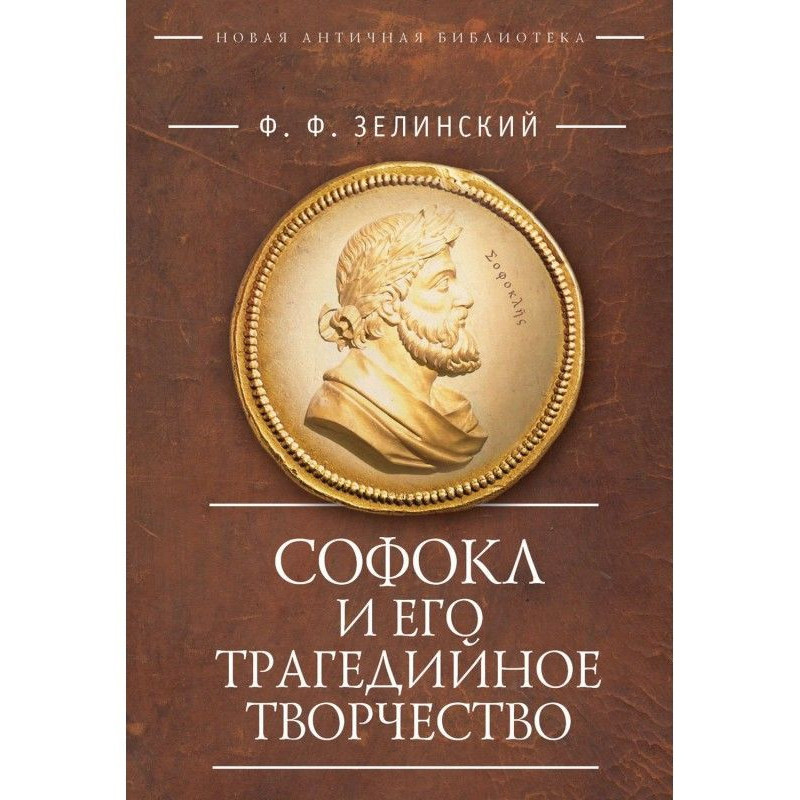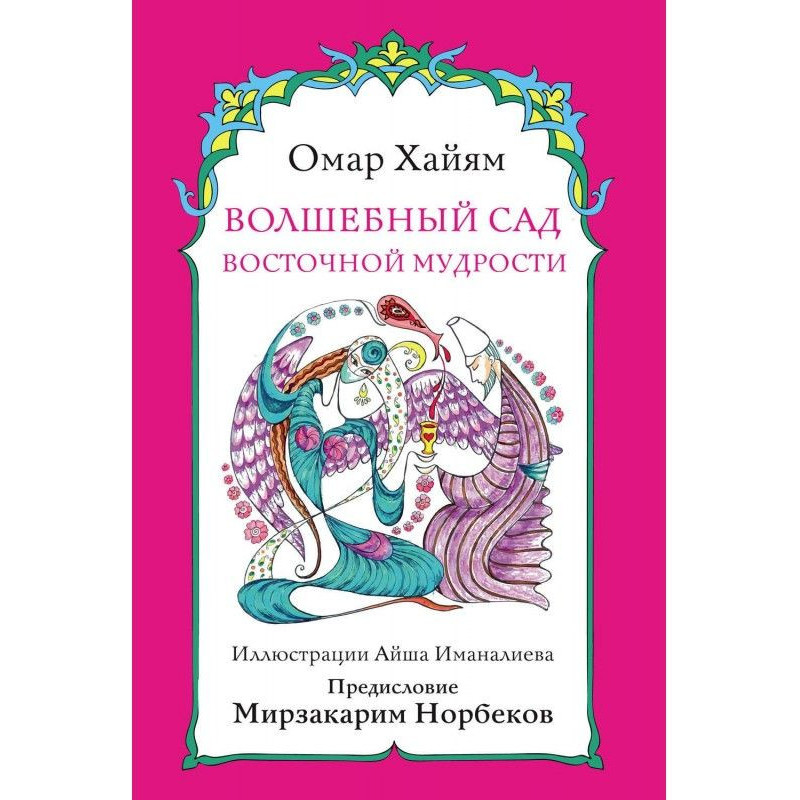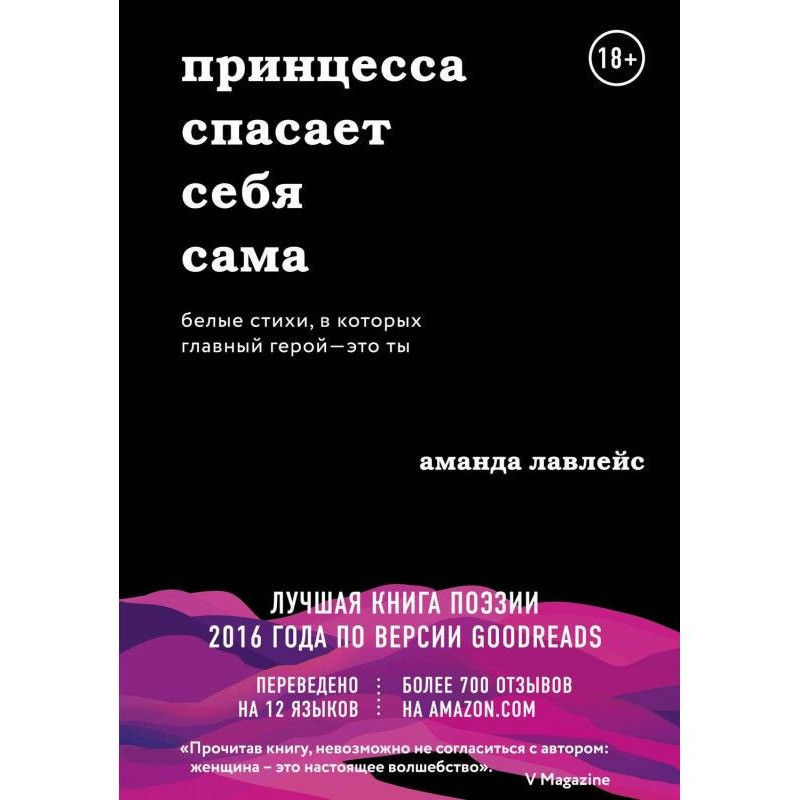Prelude, or the Formation of the Poet's Consciousness
 Instant download
Instant download
after payment (24/7)
 Wide range of formats
Wide range of formats
(for all gadgets)
 Full book
Full book
(including for Apple and Android)
William Wordsworth (1770–1850), a major figure of English romanticism, a representative of the “Lake School,” in his twilight years (1843–1850) served as Poet Laureate under Queen Victoria. In England, the first half of the 19th century. called the “era of Wordsworth.” The central work of his work, the poem “The Prelude, or the Formation of the Poet’s Consciousness,” is known as the best English “biography of the soul” of the romantic artist. Wordsworth is considered one of the founders of romantic ecocriticism, and his reflections in “The Prelude” and the “stream of the mind” anticipate the “stream of consciousness” of the modernists. Starting from the second half of the 19th century, references to the “Prelude” were used by almost all English-language writers and poets working in the genre of autobiography. Poem has been parsed into quotes by more than one generation of readers. Wordsworth composed “The Prelude” over five decades, creating several versions. For this edition, the 1805 edition was chosen because it crowns the period of Wordsworth’s creative heyday, his so-called golden decade. The fabric of the narrative in “The Prelude” has a complex pattern: it is shown how in England at the end of the 18th - beginning of the 19th centuries. The spirit of the times and mentality were changing. Against this background, a person of an artistic mindset is formed, who sensitively perceives contemporary events. Wordsworth indicates which philosophical models dominated at a particular stage of his growing up. “Imagination” for Wordsworth is a special term. This creative force is the “feeling intellect,” which allows the hero to feel existence more acutely - both one’s own and that of other people. “It is this faculty that I have been talking about for so long here,” says Wordsworth and puts the term “imagination” in the title of two books of the poem. The poet calls the moments when flashes of “imagination” occur “spots of time” - a terminological innovation of Wordsworth; the concept anticipates the “epiphanies” of James Joyce. Wordsworth believed that “places of time” can be of different intensities: some are bright, others are paler. The intensity depends on what stage of personal development a person is at. The poem “Prelude” contains more than thirty episodes describing “places of time.” They form the backbone of the poem. Wordsworth as the author of lyrical ballads, “the singer of yew and daffodils,” is well known in Russia. However, to understand Wordsworth as a poet who foresaw the development of new aspects of the psychology of creativity and sought approaches to it at the intersection with developmental psychology and the history of intellectual culture, can only be achieved by studying the “Prelude”. This publication publishes for the first time a complete translation of the poem “The Prelude, or the Formation of the Poet’s Consciousness” into Russian language. It was made by Tatyana Stamova specifically for the “Literary Monuments” series. For the “Additions” section, “Ode to the Premonition of Immortality” (G.M. Kruzhkov), “Grasmir, My Home” (M.V. Falikman), “The Ruined Hut” (A.V. Lukyanov), etc. were translated into Russian. The publication is accompanied by articles by A.N. Gorbunova and E.V. Khaltrin-Khalturina. The design of the book uses illustrations from Wordsworth's 19th century publications.
Data sheet
- Name of the Author
- Уильям Вордсворт
- Language
- Russian
- Translator
- Александр Викторович Лукьянов
Алексей Васильевич Парин
Альберт Викторович Карельский
Андрей Николаевич Горбунов
Андрей Яковлевич Сергеев
Вильгельм Вениаминович Левик
Владимир Владимирович Рогов
Григорий Михайлович Кружков
Иван Алексеевич Лихачев
Игнатий Михайлович Ивановский
Игорь Сунерович Меламед
Константин Дмитриевич Бальмонт
Мария Вячеславовна Фаликман
Михаил Николаевич Фроловский
С. Я. Дубинский
Самуил Яковлевич Маршак
Т. А. Гуревич
Татьяна Вячеславовна Ковалевская
Татьяна Юрьевна Стамова
Юлий Маркович Даниэль

